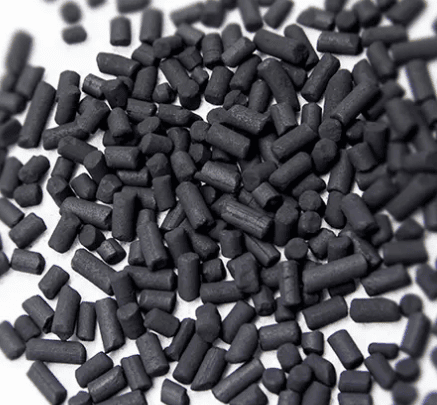
Carbon Molecular Sieves
Rs.1,200.00
Connect On info@wasipsasystems.com for bulk enquiry
Carbon molecular sieves (CMS) are a type of molecular sieve made from carbon materials, specifically designed for selective adsorption and separation of gases and liquids. Unlike traditional molecular sieves, which are typically made from materials like zeolites or silica, CMS are constructed from carbon, which imparts unique properties and advantages. Here’s a detailed look at carbon molecular sieves:
1. **Structure and Composition**:
- **Material**: Carbon molecular sieves are composed primarily of carbon atoms arranged in a porous, amorphous structure. The carbon is usually activated to enhance its porosity and adsorption capacity.
- **Pore Structure**: The porous network of CMS is created through processes like pyrolysis or activation, which generate a range of pore sizes and shapes. The specific pore structure can be tailored to target particular molecules or gases.
2. **Pore Size and Selectivity**:
- **Molecular Size Exclusion**: CMS can have pore sizes in the range of a few angstroms to several nanometers, allowing them to selectively adsorb molecules based on size. The selectivity is often related to the ability of the pore sizes to fit specific molecules while excluding others.
- **Adsorption Properties**: The carbon material can be engineered to enhance its affinity for certain gases or vapors, making CMS effective for separation processes where specific adsorption is crucial.
3. **Applications**:
- **Gas Separation**: Carbon molecular sieves are used in separating gases like oxygen and nitrogen. They are commonly used in pressure swing adsorption (PSA) systems for producing oxygen-enriched air or for nitrogen generation.
- **Air and Water Purification**: They are used to remove contaminants from air and water, including volatile organic compounds (VOCs) and other pollutants.
- **Hydrogen Purification**: CMS can be employed to purify hydrogen by separating it from other gases in various industrial processes.
4. **Regeneration and Durability**:
- **Regeneration**: CMS can be regenerated through thermal treatment or by other methods to remove adsorbed substances and restore their adsorptive capacity. This makes them reusable and economically efficient.
- **Durability**: Carbon molecular sieves are generally robust and can withstand harsh conditions, making them suitable for various industrial applications.
5. **Advantages**:
- **High Adsorption Capacity**: The high surface area and tailored pore structure of CMS provide excellent adsorption capacities for targeted molecules.
- **Versatility**: CMS can be customized for specific separation tasks, making them versatile tools in both industrial and environmental applications.
Overall, carbon molecular sieves offer a flexible and efficient solution for separating and purifying gases and liquids, thanks to their customizable pore structure and high adsorption capacities.
Product Details
Carbon Molecular Sieves
Make Carbotech
Type 3KT172






